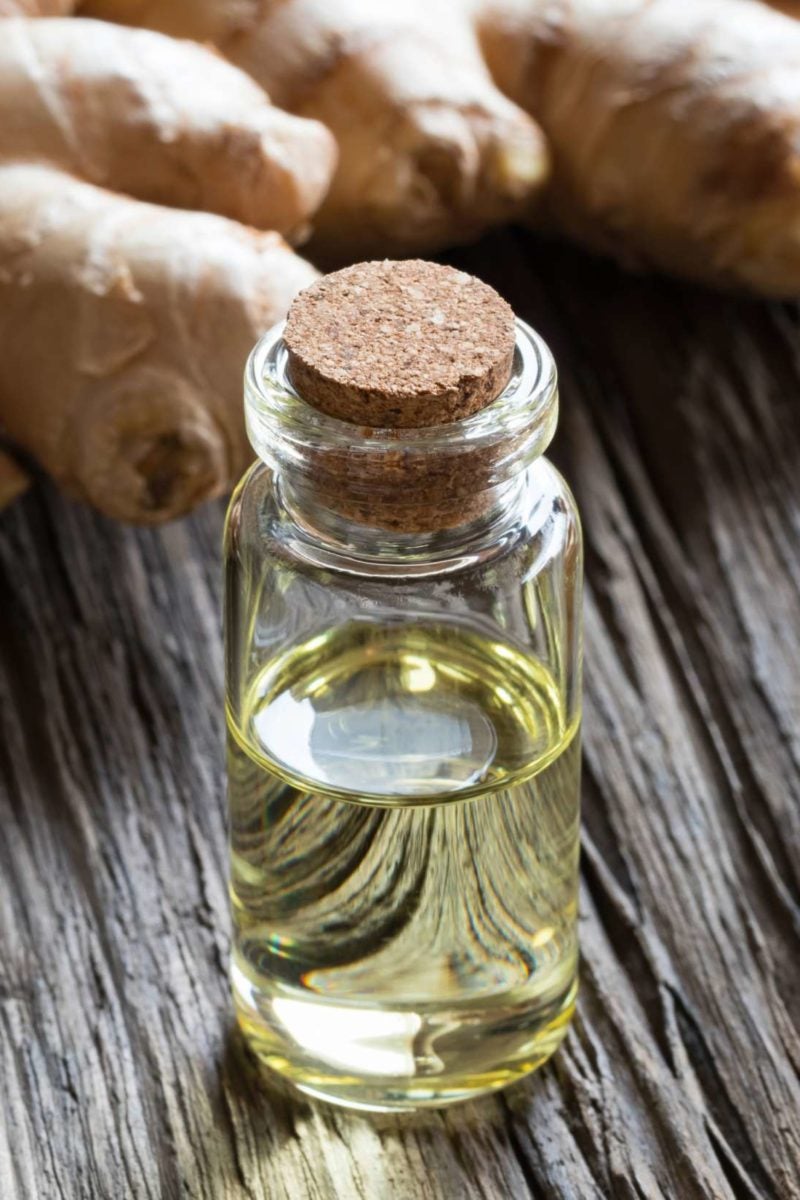
Along with measures reported in the Government of Canada's response to COVID-19, Health Canada introduced innovative and agile regulatory measures to make health products available to Canadians and health care workers.Carrier oils make it possible for your consumers to use essential oil products. The health and safety of Canadians is our priority. Essential oils for health. There are several health benefits that have been claimed to be associated with the use of essential oils. Therefore, it is said that the oils carry the essence of the plant and this is where the term essential oil was derived. The oils have the same scent and taste as the plant from which it was extracted.
Aromatherapists blend therapeutic.The COVID-19 pandemic created an urgent need for disinfectants and hand sanitizers. Many essential oils are used in aromatherapy, including those from Roman chamomile, geranium, lavender, tea tree, lemon, ginger, cedarwood, and bergamot.Aromatherapy is the use of aromatic plant oils, including essential oils, for psychological and physical wellbeing. The essential oils are most often used by inhaling them or by applying a diluted form to the skin. Aromatherapy is the use of essential oils from plants (flowers, herbs, or trees) as a complementary health approach.
published an up-to-date list of hand sanitizers approved for sale in Canada published an up-to-date list of disinfectants approved for use against COVID-19 introduced interim measures to expedite access to hand sanitizers, disinfectants and personal protective equipment to address product shortages Simply inhaling these therapeutic scents can give us a. For example, while the essential oils of lavender, chamomile, basil, Frankincense, are generally found to have a calming effect and may help with anxiety and bergamot and peppermint oil are stimulating and can help those with depression, this is somewhat individual.Aromatherapy uses natural essences from plants to promote mental, physical and spiritual health.
keep hand sanitizers out of reach of children and always supervise them when using hand sanitizers, as ingesting even small amounts of sanitizer can be fatal use alcohol-based hand sanitizers if soap and water are not available wash your hands often with soap and water for at least 20 seconds, especially after using the washroom and when preparing food Although they do not claim to kill viruses such as coronaviruses, hand sanitizers can help reduce the risk of infection by, or spread of, microorganisms.Personal practices, such as proper hygiene help reduce the risk of infection or spreading infection to others:
This list is updated regularly. avoid touching your eyes, nose, or mouth with unwashed handsWe have published a list of hand sanitizers that are authorized for sale in Canada. dispose of the tissues as soon as possible in a lined waste basket

Never use these products on the skin or internally (e.g. Be sure to prepare the solution fresh, when you are intending to use it, and only dilute bleach in water (and not with additional chemicals).Disinfectants, household cleaners, and bleach are meant to be used to clean surfaces. Use bleach in a well-ventilated area and never mix with other chemical products.Prepare a diluted bleach solution according to instructions on the label or if using bleach that has a concentration of 5% hypochlorite, add 5 mL (1 teaspoon) of bleach in 250 mL (a cup) of water, or add 20 mL (4 teaspoons) bleach in 1 litre (4 cups) of water to give a 0.1% sodium hypochlorite solution. For high-touch hard surfaces such as door handles and phones, we recommend cleaning these often with either regular household cleaners or diluted bleach according to the label directions.
Surface sanitizers must be registered before they can be manufactured, imported, distributed, sold or used in Canada to ensure they meet Canadian health and environmental standards.As surface sanitizers are not as effective as hard-surface disinfectants, Health Canada is prioritizing the availability of disinfectants at this time. Unlike disinfectants, surface sanitizers do not destroy or eliminate all microorganisms.In Canada, surface sanitizers are considered pest control products. Surface sanitizersA surface sanitizer is a substance, or mixture of substances, that reduces the population of microorganisms on environmental inanimate surfaces and objects.


 0 kommentar(er)
0 kommentar(er)
